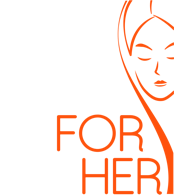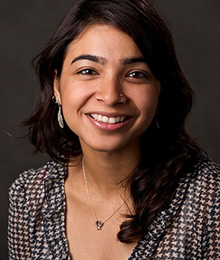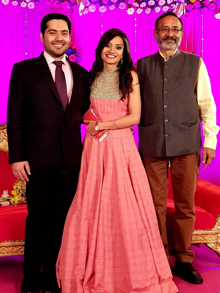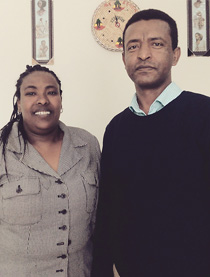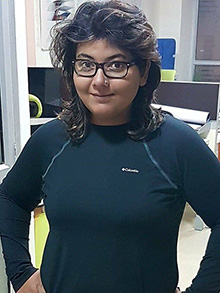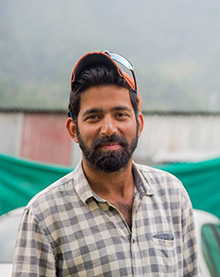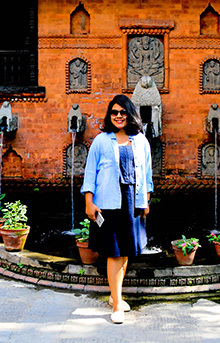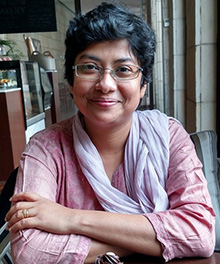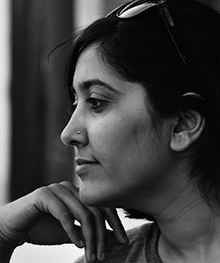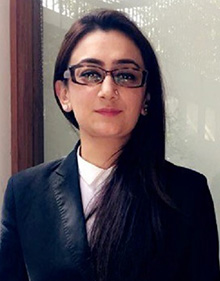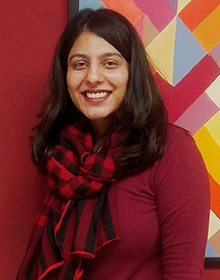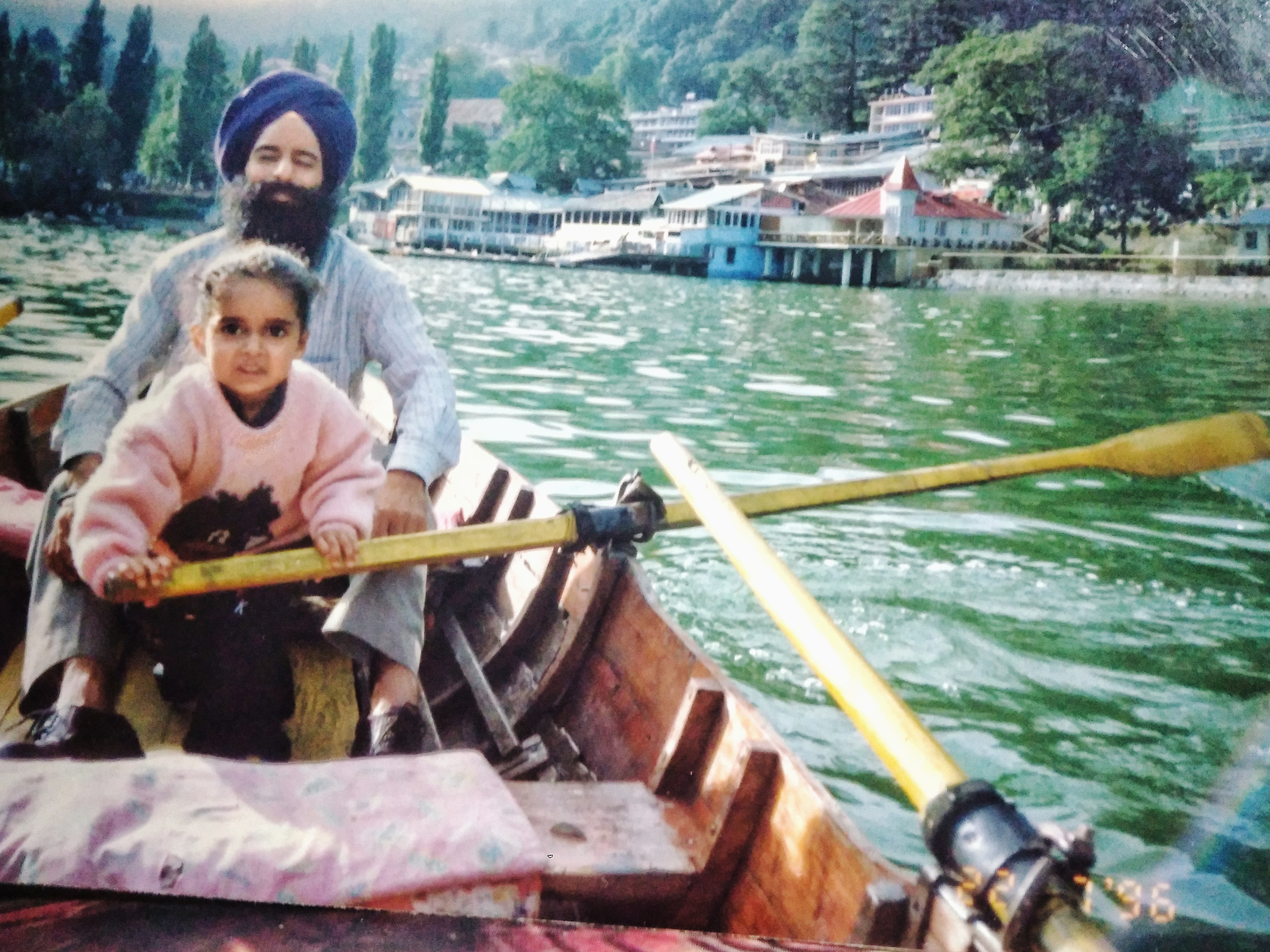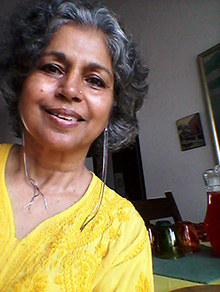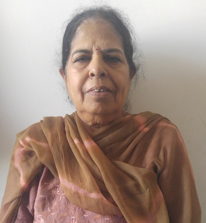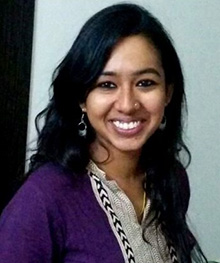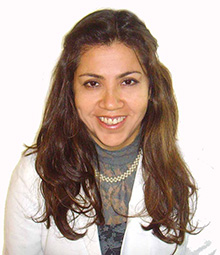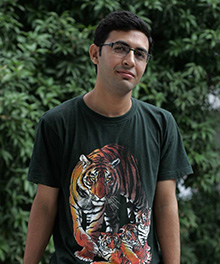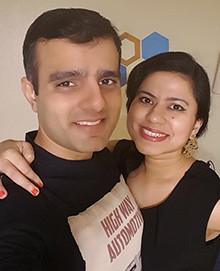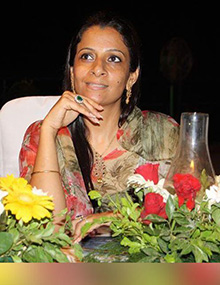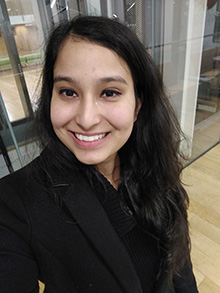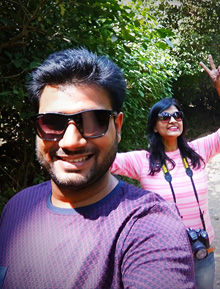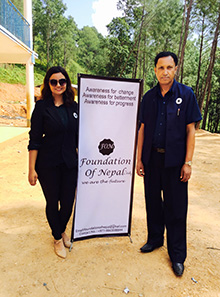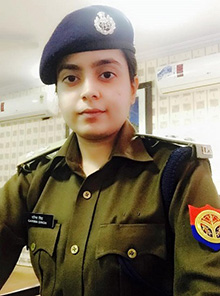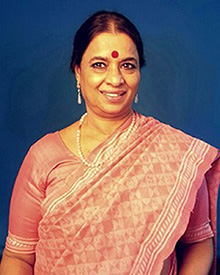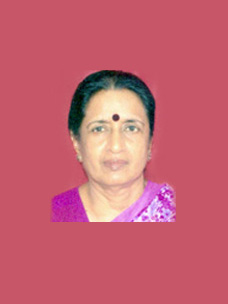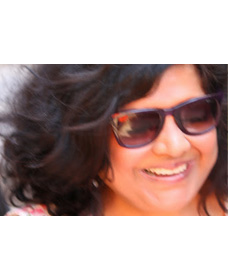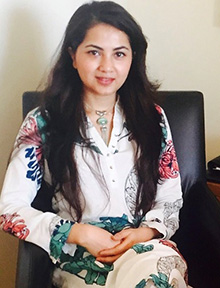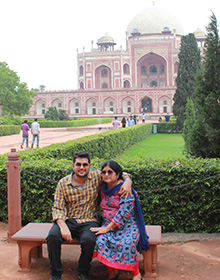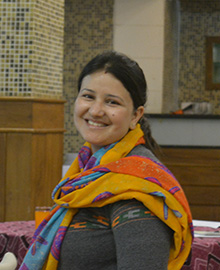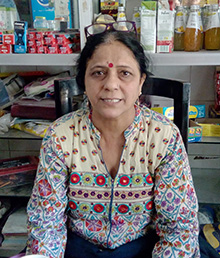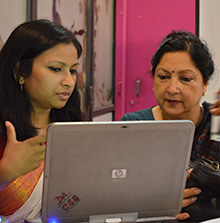
Kirthi Jayakumar
Founder, Red Elephant FoundationSafe Travels
The freedom to travel, and to travel safe and risk free is an absolute right - one that cannot be taken away for any reason. And yet, there are more women who can testify to there being an obvious stumbling block to travelling freely, in the form of sexual violence.
When you are a woman set to go on a solo trip, what’s the first thing you think about?
Undoubtedly, safety. I’m almost sure if any other concerns came to your mind, safety was no less a priority. Sexual violence, assault and gender-based harassment is a reality - and try as we might otherwise, it is one of the biggest concerns women have in mind while considering travel options. Is the place we’re travelling to filled with safe options for accommodation? What’s the public transport like? Does the place have a track record of street harassment, sexual violence or assault? What kind of support systems does the city have if one needed help prevent, report or address an incident of sexual harassment?
Initiatives like Safecity and HarassMap offer up a cogent understanding of hotspots in different cities, specifically addressing incidents of harassment. Built on the testimonies of individual women, these hotspots are then easy to identify, and help a woman understand where there are high incidents of harassment.
I spent a couple of weeks talking to women to understand the factors that could hinder one’s access to crisis response. Most of the answers were obvious: lack of money, awareness, knowledge of a foreign language if they were in a different country. What if there are many women caught in a foreign land, unable to find help when they needed it? What if they continue to be vulnerable to abuse or violence, and can’t seek help because they have no access to resources for help? In a complementary measure, at The Red Elephant Foundation, we created the GBVHelpMap, which is also available as an Android App called Saahas.
This is a crowdmap comprising over 15000 organizations world over, offering medical, legal, education / employment, resources (food, shelter, clothing, emergency support), police and ambulance services for women who have faced violence. Often, women who have faced violence either don’t know where to go for help, or don’t have resources to find out where to go for help. Sometimes, their situation prevents them from finding help, and that can be extremely dangerous to their safety. Recognizing the gap in access, The Red Elephant Foundation decided to use technology to intervene and assist access. This map aims to serve three purposes:
- Provide a one-click platform that can be accessed from anywhere to identify the nearest provider of services for a survivor. Instead of Googling services and leaving a trail where one remains in a vulnerable situation, this one-link-access is easy to delete from browser histories.
- Provide a glimpse to aid workers and donors to identify areas that don’t have resources altogether or resources of a particular kind, so that they may device appropriate intervention strategies.
- Provide a comfortable space for inter-organizational collaboration and referral, where organizations can help survivors in other countries access help, or, can refer survivors who come to them, to others to respond to particular needs.
The freedom to travel, and to travel safe and risk free is an absolute right - one that cannot be taken away for any reason. And yet, there are more women who can testify to there being an obvious stumbling block to travelling freely, in the form of sexual violence. There are miles to go before we can see change, but baby steps like these can make a difference along the way.
About the Author
Kirthi Jayakumar is an author, activist, artist and actor from Chennai, India. She founded and runs The Red Elephant Foundation, an initiative built on storytelling, civilian peace-building and activism for gender equality. She is the author of Stories of Hope, a collection of short stories; The Dove's Lament, also a collection of short stories.

